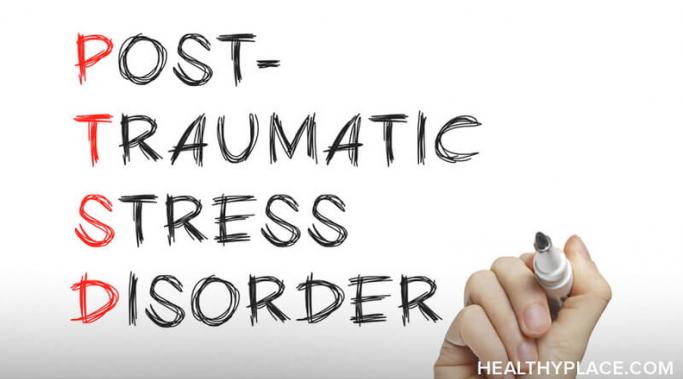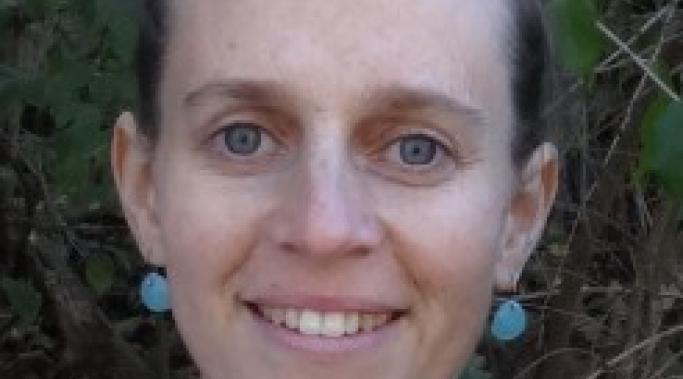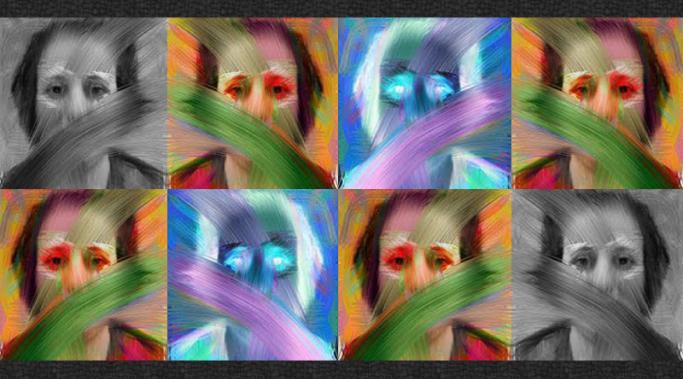In PTSD recovery, the freeze response can be difficult for some to understand. Have you ever been so terrified, that all you could do is freeze in your tracks, afraid, or even unable, to move? If so, you may have been experiencing the freeze response to fear, which is a common symptom of posttraumatic stress disorder (PTSD). The freeze response is a normal, physical response to extreme fear or trauma. However, if you are a trauma survivor who has been diagnosed with PTSD, the freeze response may not be serving you well. The physical response of freezing, feeling paralyzed, or feeling like you are out of your body (dissociation), can be triggered by events that are not at all life-threatening for those of us with PTSD (PTSD and the Freeze Response). In other words, our response doesn't fit the current situation. Dealing with the freeze response can be frustrating, but you can deal with the freeze response in PTSD recovery.
Dissociation
Three years ago this month I joined the HealthyPlace blogging team by creating this blog. I did so because I wanted to write about symptoms of posttraumatic stress disorder (PTSD) and what it takes to heal. This was a personal mission: I am a PTSD survivor who struggled for almost 30 years before launching a healing rampage that led me to freedom. And now, while I'm sad to do it, I must say goodbye to Trauma! A PTSD Blog.
For anyone who experiences dissociation as part of the posttraumatic stress disorder (PTSD), (and this includes me during my PTSD years) you know how frustrating, embarrassing and uncontrollable it can be. Reducing dissociation in PTSD is something we all want.
A few weeks ago I wrote about how to stop PTSD anxiety, flashbacks and panic from the perspective of putting mindfulness and intention into action. My colleague, Megan Ross (Trauma Therapy Coordinator at Timberline Knolls) and I had a whole conversation about this and I wanted to share her insights with you.
But there was a cliffhanger: Once you understand PTSD symptoms and how mindfulness can help change your physiological experience, the question arises, "What do I do now?" Specifically, what can you do to interrupt or stop flashbacks?
Megan Ross and I talked about this too. See what you think about the tips that we covered.
There are a lot of things to do in the mix of healing the symptoms of posttraumatic stress disorder (PTSD). Some treatments for PTSD require lots of time, money, support and attention. Those are the "big" moments of recovery that we research, save or borrow for, and place a whole lot of hope in the results we expect.
Balancing out all of the necessary big gestures in healing, however, are the small, free, solo actions we take when we're all alone. One of those options is a little thing called a meditation practice which you hear talked about all the time, but probably just as often don't commit to doing faithfully every day.
If you are living with unresolved trauma memory, whether or not it's posttraumatic stress disorder (PTSD) or dissociative identity disorder (DID), you will almost surely bewilder people some of the time. We both know you want this not to happen, but, as is surely obvious to us, you have little or no choice in the matter, other than to avoid triggers to the extent that you know them and can anticipate them. The real problem here is that you can't avoid all triggers. So, you will bewilder and maybe even frighten people a certain amount of the time.
A grounding technique is any structured practice that refocuses the mind, so that some unpleasant feeling can be reduced or eliminated and one's sense of what's real can improve. Such practices, usually acquired rather than spontaneously emerging when needed, have great value for anyone challenged with unresolved trauma memories. Fortunately, grounding techniques have value for those without unresolved trauma memories, as well.
If you're one of over 24 million people in the US who struggle with symptoms of posttraumatic stress disorder then you probably know exactly what it feels like to dissociate. When a situation, emotions or triggers cause you to feel overwhelmed, anxious, frozen or terrified the mind offers a typical (and really fantastic) coping mechanism: you go somewhere else in your head.
While dissociating can be a life-preserving response it can become a habit that severely inhibits PTSD recovery efforts. Part of healing means learning to become more present.
In my work with PTSD clients, we bump up a lot against "I feel so disconnected from myself!" and "I feel so very separate from the world!" In my own PTSD experience, I too felt a big break between my experience of reality and my connection to myself and my body.








